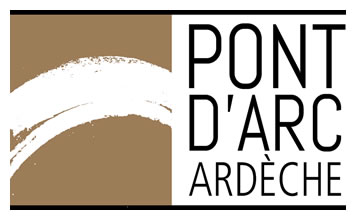A discharge of debt agreement is a legal document that allows a debtor to be released from certain types of debts. In many cases, a discharge of debt agreement is used in bankruptcy proceedings, but it can also be used outside of bankruptcy in certain circumstances.
There are two main types of discharge of debt agreements: a discharge of debts in bankruptcy and a discharge of debts outside of bankruptcy. The former is usually filed in the United States Bankruptcy Court, while the latter is usually negotiated between the debtor and the creditor.
In a discharge of debts in bankruptcy, the debtor files a bankruptcy petition which is reviewed by the court. If approved, the court issues an order discharging the debtor from certain types of debts. This means that the debtor is no longer legally responsible for paying off those debts.
The debts that can be discharged in bankruptcy vary depending on the type of bankruptcy filed. In a Chapter 7 bankruptcy, for example, many unsecured debts like credit card debt and medical bills can be discharged. In a Chapter 13 bankruptcy, some debts may be discharged partially or in full, while others may be restructured into a payment plan.
A discharge of debt outside of bankruptcy is less common, but it can be a useful tool for debtors who don`t qualify for bankruptcy or who have debts that are not dischargeable in bankruptcy. To negotiate a discharge of debt with a creditor, the debtor will need to convince the creditor that they are unable to pay off the debt in full.
In some cases, a creditor may agree to discharge the debt entirely. In other cases, they may agree to a partial discharge or a payment plan that is more manageable for the debtor.
It`s important to note that a discharge of debt agreement does not eliminate all debts. Certain types of debts like student loans, taxes, and child support cannot be discharged in bankruptcy or negotiated outside of bankruptcy.
If you are considering a discharge of debt agreement, it`s important to consult with a bankruptcy attorney or debt relief professional. They can help you understand your options and navigate the legal processes involved in getting your debts discharged.
In conclusion, a discharge of debt agreement can be a powerful tool for debtors struggling to manage overwhelming debt. Whether you are filing for bankruptcy or negotiating with creditors outside of bankruptcy, it`s important to understand your options and seek professional guidance to ensure the best possible outcome for your financial future.







